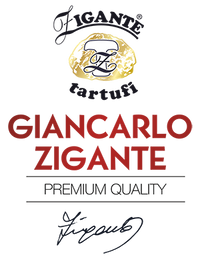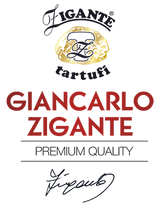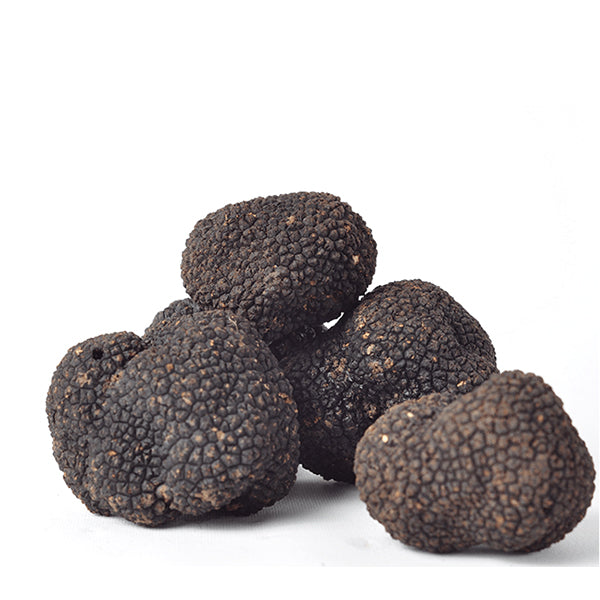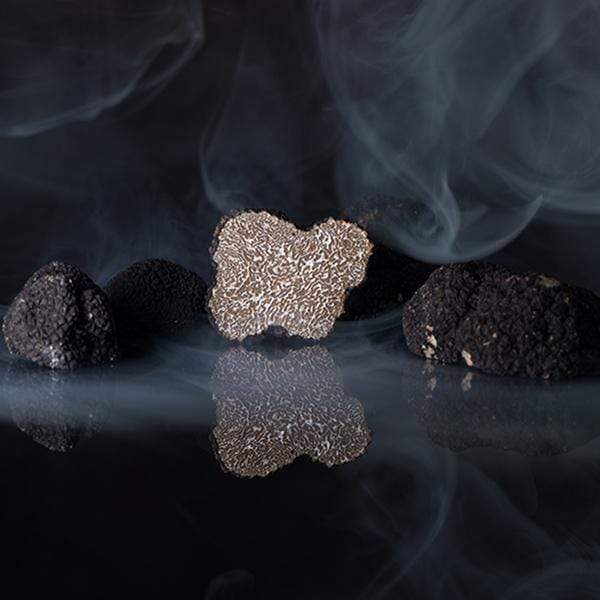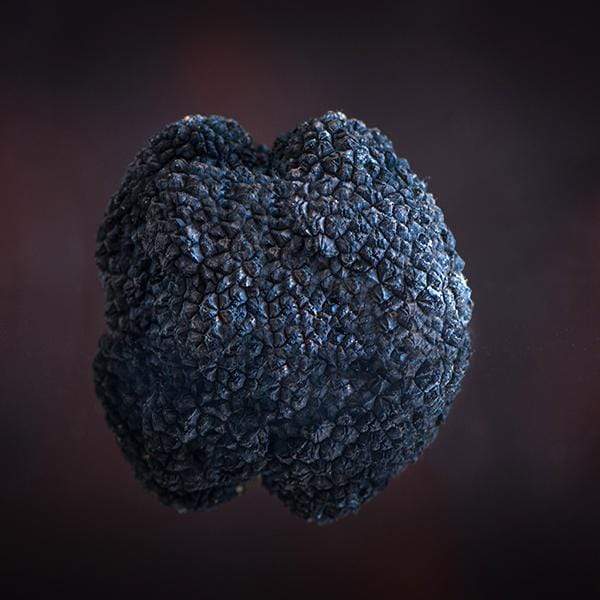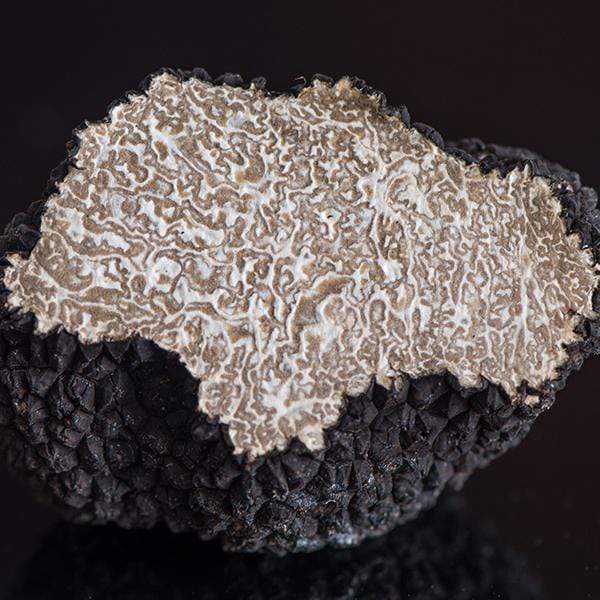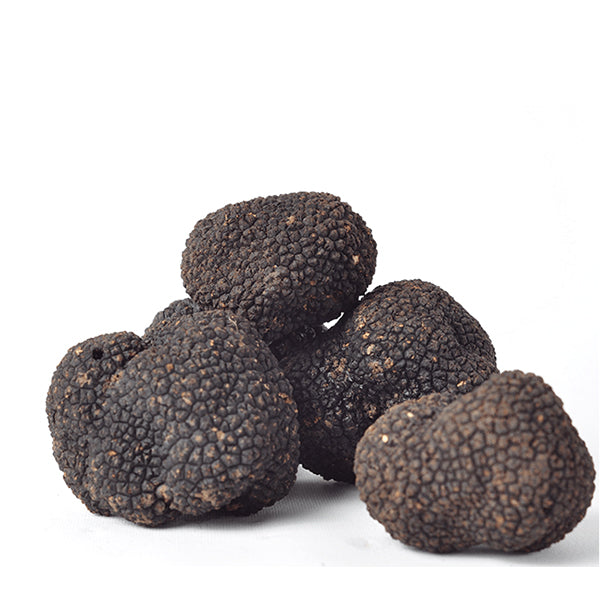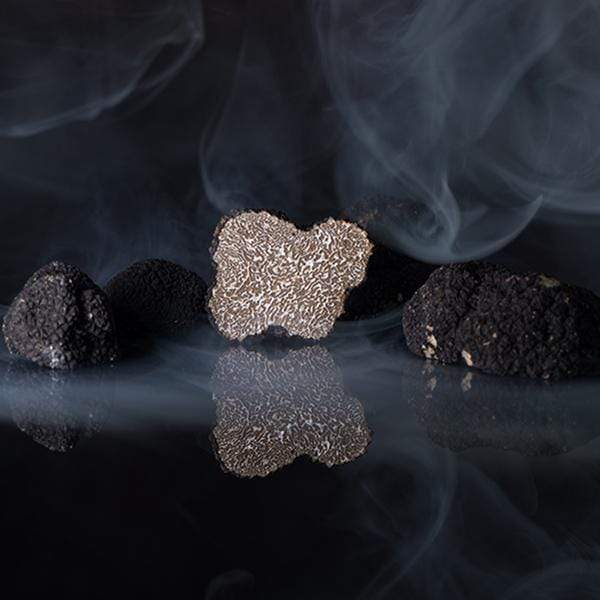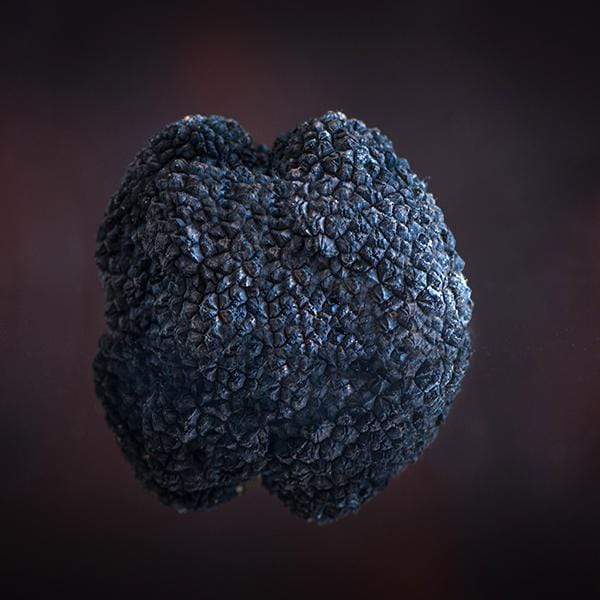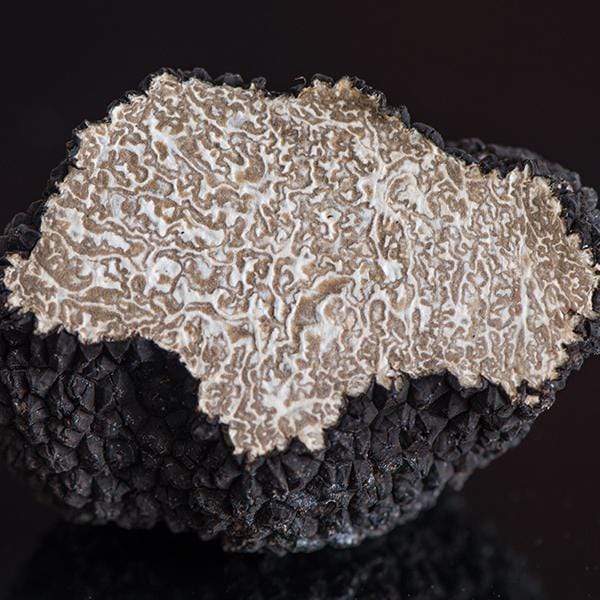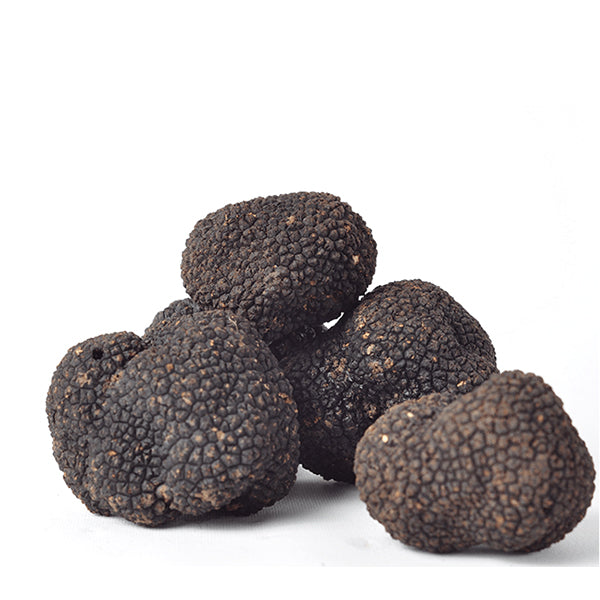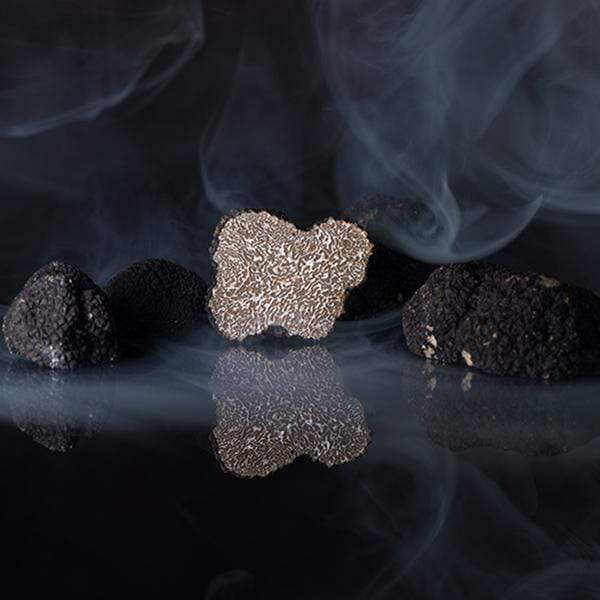Discover Tuber Uncinatum
Season: from September to January
Origin: Istria
Tuber Uncinatum is the most widespread edible truffle in Europe. Molecularly it is equal to Aestivum but it prefers shady places and it thus differs in flavour, scent and spore morphology. The ripening time is between September and January.
The fleshy inner mass (gleba) of a ripe Tuber Uncinatum is firm and dark brown, streaked with many thin white lines which do not change their colour in contact with air. Their skin (peridium) is dark and less rough than the skin of Aestivum. It is pleasant in flavour and scent and tastes better than a summer truffle.
Cleaning
- The truffle should only be cleaned a few minutes before using it, under cold water with a small brush.
- As the truffle's quite delicate, you don’t want to lose precious chunks of it, so be sure to clean the truffle gently.
Serving
- To get the most out of the black truffle, it's best served as simply as possible—not cooked, but grated or finely sliced over a warm dish, which brings out its aroma.
- Ideal with pasta, rice, eggs, raw meat dishes and fish dishes.
- To appreciate the taste of the truffle at its best it should be consumed as soon as possible (in a few days).
Preserving
- Wrap each truffle in paper without removing the ground dirt.
- Change the wrapping every day.
- Store in the fridge (+2°C/+4°C) in a container which must be kept open to allow the truffle to “breathe”. The aroma released during the maturation tends to be absorbed by milk, butter, cheese and eggs stored near the truffle.
Note
Every day a truffle is out of the ground, it loses some weight. As the truffle is a natural product this is a perfectly normal procedur of the natural development of truffles.
